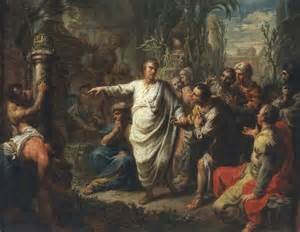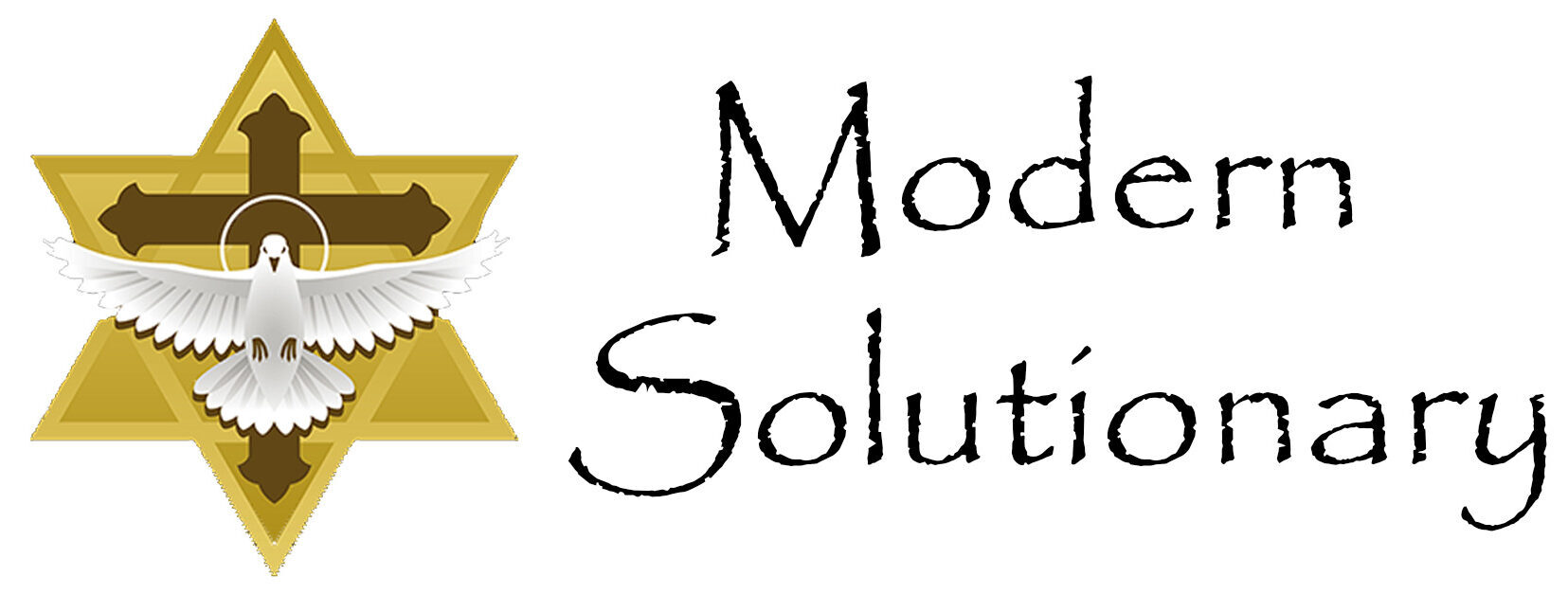 As a student of history, I was drawn by current events to the words of a famous Roman orator and philosopher Marcus Tulluis Cicero. I would like to share some of my thoughts on a couple of mistakes highlighted below and pose questions for your consideration. In one of his many papers on the decline of the Roman Empire, Cicero wrote:
As a student of history, I was drawn by current events to the words of a famous Roman orator and philosopher Marcus Tulluis Cicero. I would like to share some of my thoughts on a couple of mistakes highlighted below and pose questions for your consideration. In one of his many papers on the decline of the Roman Empire, Cicero wrote:
Six mistakes mankind keeps making century after century:
- Believing that personal gain is made by crushing others.
- Worrying about things that cannot be changed or corrected.
- Insisting that a thing is impossible because we cannot accomplish it.
- Refusing to set aside trivial preferences.
- Neglecting development and refinement of mind.
- Attempting to compel others to believe and live as we do.
Marcus Tullius Cicero; 63 BC
In my book I write on each mistake but let’s focus on the first topic, Personal Gains at the expense of others.
Reflecting on these words of wisdom, I cannot help but draw similarities between the fall of the Roman Republic and current times in the United States Republic. Cicero, a loyal Roman, lived and died during the civil unrest of the final days of the great Roman Empire, the greatest of society the world had ever known. Nearly every one of the times believed it would never be toppled and would always be the leading power of the world. That is to say, nearly everyone. Cicero understood the importance of balance of power to that of wisdom. Even though he lived his entire life as a loyal Roman citizen, who knew only the greatness of the Roman Empire, he had the wisdom to understand that people were creatures of habit and continued to be susceptible to the woes that such habits can breed.
Let’s review the political climate at the time Cicero wrote these mistakes. Caesar began his reign of Rome caring only for the subjects to which he served. Early writings clearly depict the use of his power, wealth and resources going toward the betterment of life in the entire empire, while allowing the citizens the freedom to live their lives without the Republic’s involvement. In his early judgments, it is recalled that when given the choice of political involvement over letting the citizens handle the matter, he uniformly would stand, turn and walk out of chamber, saying “it is not the Republic’s issue” and the matter would not be brought to the Senate.
His early cabinet of leaders, the Senate, was made up of working men; men who were respected and trusted by all. They were not politician they were businessmen, men who lived in the communities in which they served. It was not a class envious group, born of a chosen sector or of an agenda driven people. As a young leader, Caesar was said to be the ear to all people and for this to be said of the leader of the vast Roman Empire was extremely complimentary since very few Roman leaders were praised by those not of Roman decent. Surrounding himself with common business men from throughout the Empire, Caesar could be trusted to act on the behalf of the people to which he ruled.
Ah but things do seem to change. The longer Caesar served the more and more power hungry he became. I cannot help but think, “Does power corrupt, or do only the corrupt seek power?” Did Caesar experience a “power high” which fueled his thinking and his actions to the point of obsession? Some would say yes; so much so, that taxes were clearly raised to an intolerable level just so the Republic could provide everything for everyone. It is said to be written that Caesar himself said, “Rome shall provided for the people so to, Rome will control the people”.
Caesar, “the ear of all people”, early in his reign, became “the hand in all purses” toward the end of his reign. What was even more noticeable to those that knew the leader was how he turned from someone who trusted all men, to not trusting anyone, except his personally selected circle of advisers. Oddly enough, history confirms, that those self-chosen trusted advisers are the same men who took his life on the Senate floor where so many of the liberty crushing laws he himself desired were passed. Shortly after his death, which some believe was the turning point of Roman Republic even though the Empire would not crumble until 365 AD the decline had to start somewhere; Rome never regained its once herald status as the leading nation on Earth. It wouldn’t be until over 1800 years later, the birth of the new “Greatest Empire” would be born; not in Rome or even Europe but in America.
At the end of Caesar’s life and throughout the end of the Great Roman Empire, the public sentiment was one of crushing others to benefit personally.
What a terrible environment would that be to live in? Not being able to trust anyone, not even your friends and families.
Are we, the citizens of the United States, still making those six mistakes that Cicero wrote about? Is that even possible in this world of enlightened knowledge? Surely, we have grown as a people since Cicero’s time.
Have we? Are people different today than they were 2000 years ago? How so?
The headlines show that the United States is rapidly growing the roles of people dependent on the Federal Government; the same thing that happened to the people of Rome. We are not empowering anyone when we give them something they did not earn; we enslave them to a culture of hopelessness. Wisdom is a funny thing. It evolves through the observance of undeniable truths I call Laws. There is a well known law that applies to this very topic, the Law of the Harvest. It probably has the shortest explanation of any of our laws; “As ye sows, so shall ye reap”. Put another way, the harder someone works, the more they will earn. This is a common piece of wisdom that our politicians do not like to apply when talking about entitlements because that puts the solution to the problem back where it belongs, the individual. Our government only grows in power through convincing the populace that they cannot do it themselves.
If this continues to happen, are we not growing a race of people, dependent on others?
How does a Country stop this from growing out of control?
Would this group of dependent people, if given a chance, crush the others, maybe the people that fund these programs for which they benefit greatly?
Do recent events in Greece come to mind? What about the “tax the rich philosophy” prevalent in the United States today? Cicero would not have been surprised.
We pass taxes under the auspices of helping the poor and those less fortunate so our government can provide what the private sector cannot provide but we should never forget this aid is at the expense of those who work hard to provide for their own families. The government does not have money, it depends on the money the people. Cicero understood that if the “party” preached to the citizenry class hatred and greed the outcome would be self-filling doom or wide-spread hatred and greed.
I would like to point out, there is a slight difference; Rome did this on purpose to control the people without violence and without the people’s say. I would be remiss if I did not share how deeply concerned I am in knowing that, we the people of today, do have a say in the decline of our rights at the expense of others. We have the right to vote into office the people that make the laws, unlike the Roman citizens that had no vote. Have we truly become so reliant on government that we are creating a welfare state that is no longer for those unable but willing to provide for themselves, instead, only for those unwilling to provide? Soon the unwilling will outnumber the willing; an imbalance that will quickly spiral out of control. Are the American voters reliving the mistakes that Cicero wrote about in 63 BC?”
